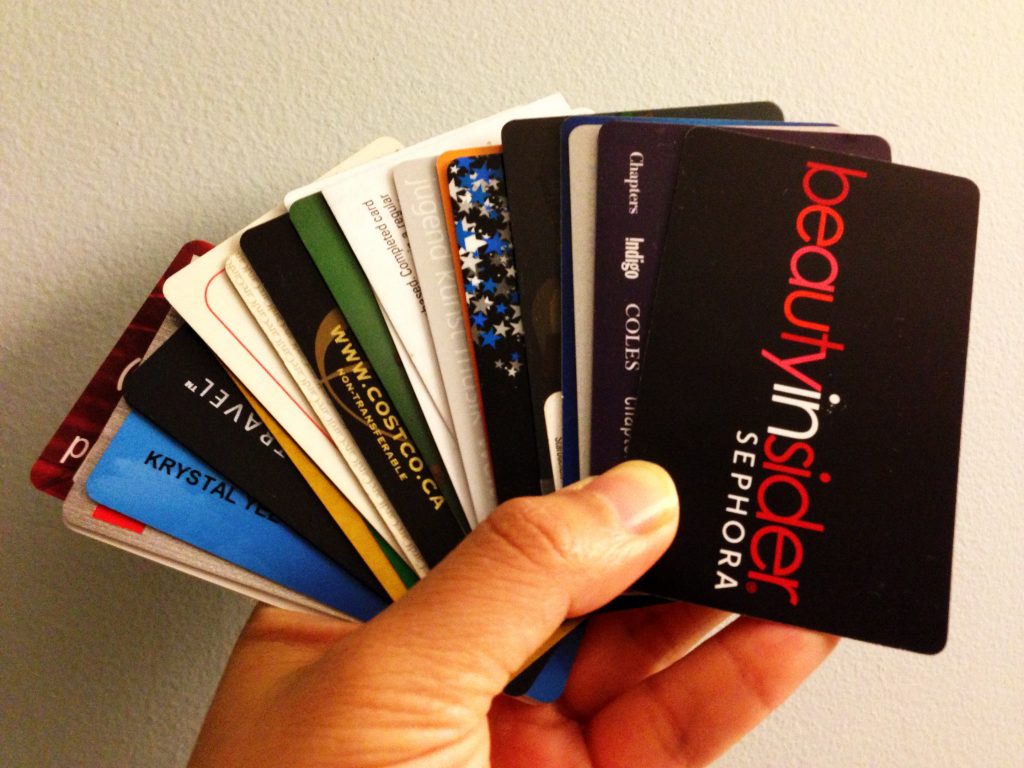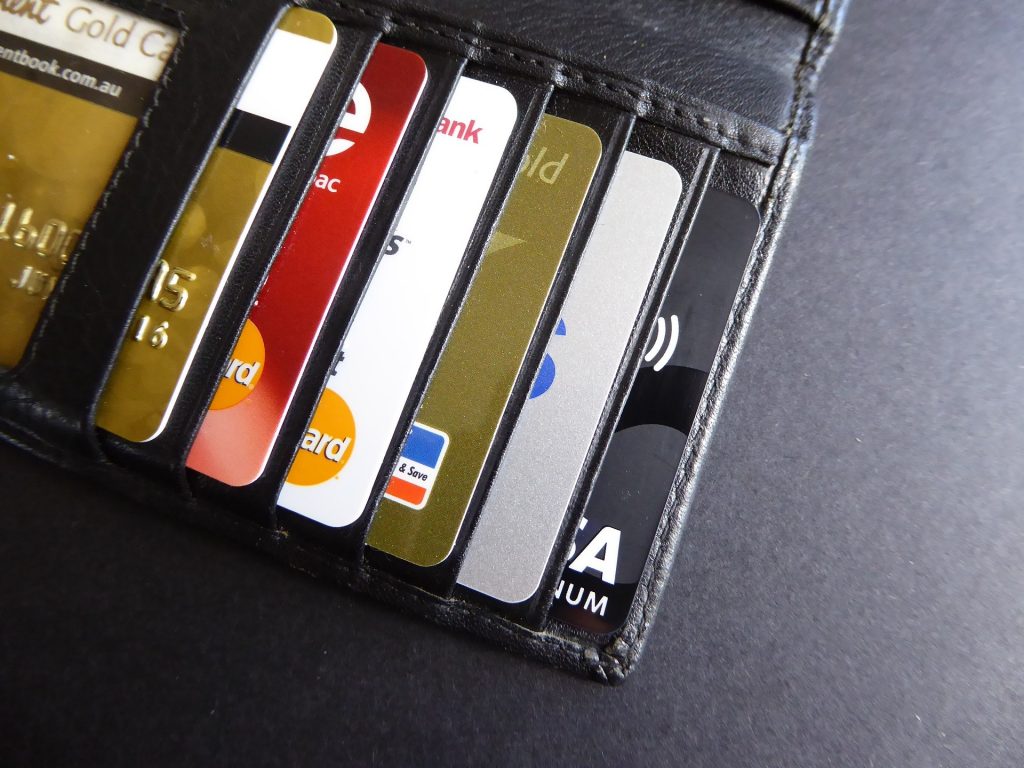You probably have a number of credit cards in your wallet right now, but how often do you think about how they work? For example, have you ever wondered how credit card companies make money with all the perks they give out to users? They, too, are a business at the end of the day and they have to make money.
What about the ones that provide cashback offers? With cashback, you get money back on purchases you make. This makes it hard for most people to understand how these credit card companies make a profit.
Are you curious to learn about how these companies still earn big? Well, without wasting much of your time, read on to learn how they do it.

Annual Maximum Limit And Conditions
First of all, your cashback isn’t limitless to the extent that you’ll earn all year with every purchase you make. There’s a limit to how many cash rewards you can earn with every card. Forget the 5% cashback rewards you’re getting, look at the cap you have on your earnings.
Besides this, many offers also only give cashback on specific purchases. Ensure you check the fine print thoroughly before expecting great rewards. Some credit card companies only provide cashback on gas or grocery purchases, while others only give cashback if you shop at a specific store.
Interchange
From your own point of view, you may imagine that the money you get is free, but it isn’t. There’s a fee that merchants have to pay when your transaction goes through.
This is what is referred to as interchange. The processing fee that the merchant pays the credit card company is equal to a percentage of the transaction. In most cases, the charge amounts to around 1% to 3% of the transaction charged.
The fee is sent automatically to the card issuer through payment networks. The fee is valued in most cases by the value of the transaction. And, in some instances, the volume also counts as to how much is paid to the issuer.
When you use your cashback card, you’re simply profiting (alongside the issuer) on the merchant fees. By the end of it all, what the issuer wants is for you to spend as much as you can on your credit card. The more the interchange, the more credit card companies make in profit.
Numerous Fees
How credit card companies really earn is through the fees they charge users. The ones that target people with bad credit are the ones that are likely to make more money from fees.
Regardless of the type of credit card, most make a killing from the fees they charge users. Most of the fees are unavoidable, unlike the interest that is charged on the cards. Here are some of the fees that help these companies profit.
Late Fees
Credit card companies celebrate when you’re late to make your payments. As much as they may advise you to make timely payments, they gain a lot when you are late. They may waive the fee your first time but they will gain in the end. And if your issuer doesn’t charge a lateness fee, your credit score will suffer either way.
Annual Fees
Those with poor credit scores have one major disadvantage: they can only get cards with high annual fees. That’s something they share with people who want cards with high rewards. And that goes to show that you pay for those high cashback rewards you’re getting.
Cash Advance
Credit cards are a way to incentivize you to stop using cash so the issuers can earn money off your spending. But credit card companies also realized the need for cash in some instances and that’s why they offer you cash advances.
The advance, however, doesn’t come cheap, with fees of 3%- to 5% of the amount being charged. There’s also a minimum on the amount you can get in advance, and sky-high interest rates that start charging interest the day of the withdrawal.

Conclusion
While credit cards look generous, it is best to understand that these companies make huge profits. Credit card companies depend on your card use to make a profit, even if they do give you cashback.
